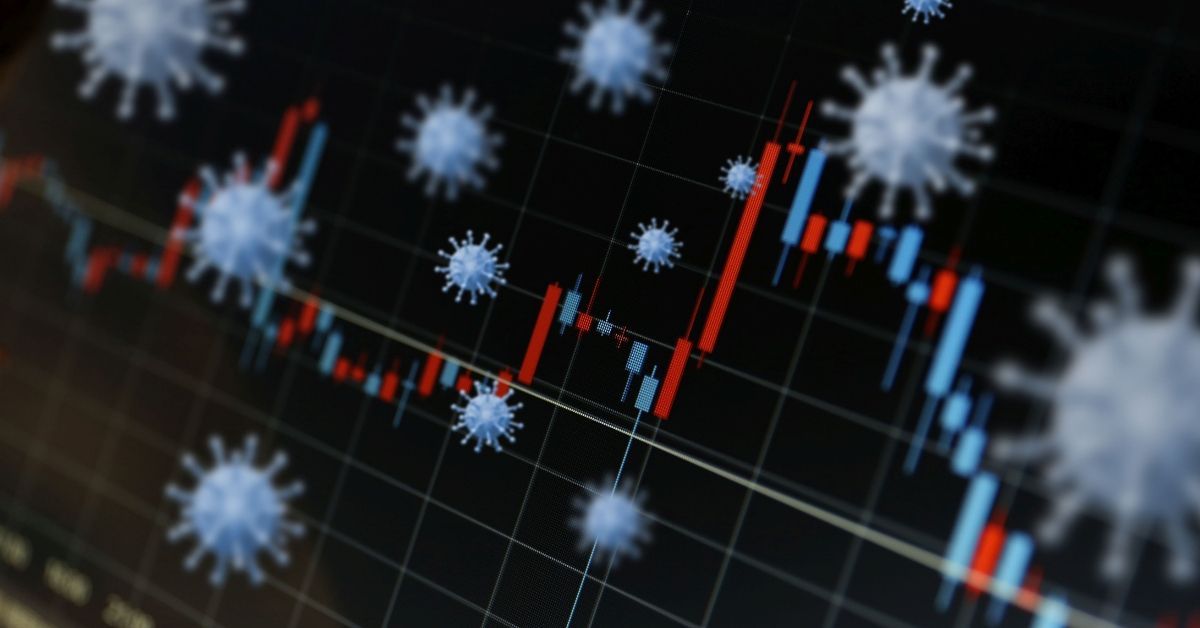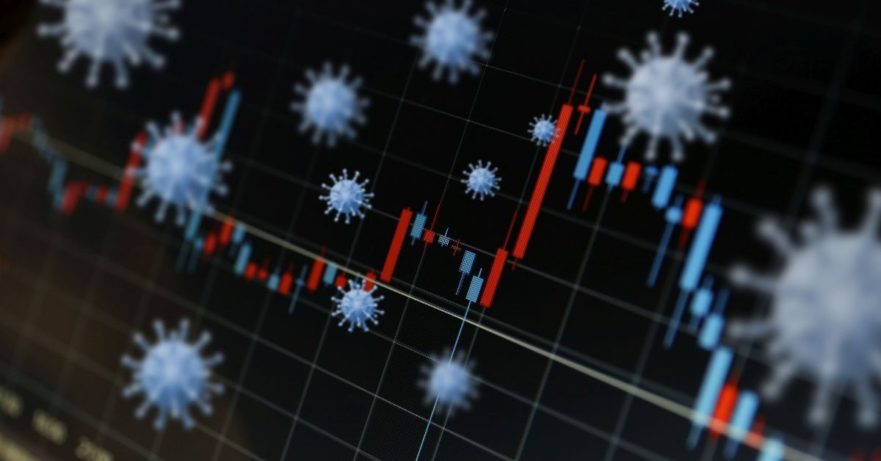
When the coronavirus first made headlines in early January, the stock market paid little attention. But with news of fresh outbreaks in South Korea, Europe and the Middle East, the stock market has started reflecting fears of a global economic slowdown. In a matter of a week or two, the market has lost all of 2020’s previous gains. While event-driven shocks are to be expected, they can still be unnerving. But, as with the appearance of new infectious diseases of the past few decades, this too shall pass.
We have confidence in the global health organizations to deal with this outbreak, as they have done before. While we can expect market volatility to continue in the short term, we believe the impact of the virus on the markets will be short-lived.
Unquestionably, the virus is impacting global economies as companies brace for slower sales and supply disruptions. While the virus has been mostly contained in the U.S., some companies relying on China-based supply chains may be negatively impacted, but many companies have reduced their exposure to China and are expected to manage.
Keeping the Coronavirus stock market volitility in perspective
When faced with a growing health problem like this, it is easy to lose sight of the potential long-term benefits of staying invested. Maintaining a long-term perspective as an investor is essential in handling market volatility. It’s important to look beyond the headlines of the day and manage the emotional aspects of investing.
Let’s look at what has happened in the past. History has consistently shown that the markets move on quickly from disease-related pullbacks.
Historical impact of outbreaks on the stock market
In some of the more recent outbreaks, the markets did react initially with sharp declines. When swine flu hit in May 2009, the S&P 500 fell 5% from May 8 - 15, and later fell another 7% from June 12 - July 10 when the outbreak reached Europe and the U.S. That was two weeks in a year marked by the end of a recession and record market returns. The estimated death toll was 100,000 - 200,000.
The SARS virus in 2002 - 2003 that emerged from China was also a coronavirus with a high fatality rate. Between fears of a global pandemic and the runup to the Iraq war, the market went through a 14% correction, but following the end of the SARS outbreak, the S&P 500 went on to gain nearly 29% in 2003.
Even the deadliest outbreak in modern history - the 1918 -1920 Spanish flu, which killed 100 million - couldn’t derail the markets. In 1918 and 1919, U.S. stocks rose by double digits.
We’ve seen this many times. Breaking news of a crisis can impact the markets in the short term. But, based on how the markets have reacted to past outbreaks, the likelihood of a significant, lasting downturn linked to one seems exceedingly low in our opinion.
|
Epidemic |
Month end |
6-month % change of S&P |
12-month % change of S&P |
|
HIV/AIDS |
June 1981 |
-0.3 |
-16.5 |
|
Pneumonic plague |
September 1994 |
8.2 |
26.3 |
|
SARS |
April 2003 |
14.59 |
20.76 |
|
Avian flu |
June 2006 |
11.66 |
18.36 |
|
Dengue fever |
September 2006 |
6.36 |
14.29 |
|
Swine flu |
April 2009 |
18.72 |
35.96 |
|
Cholera |
November 2010 |
13.95 |
5.63 |
|
MERS |
May 2013 |
10.74 |
17.96 |
|
Ebola |
March 2014 |
5.34 |
10.44 |
|
Measles/Rubeola |
December 2014 |
0.20 |
-0.73 |
|
Zika |
January 2016 |
12.03 |
17.45 |
|
Measles/Rubeola |
June 2019 |
9.82% |
N/A |
Source: Dow Jones Market Data
For better long-term performance, stay focused on your strategy
Don’t forget that the media needs a crisis to appear relevant and to sell advertising. The key to avoiding emotional distress during these periods of uncertainty is having total confidence in the design of your asset allocation plan, knowing that it is aligned with your willingness and ability to bear long-term risks.
Remember that if returns were guaranteed without risks, you would not expect to earn a premium for taking such risks. Creating a portfolio that you are comfortable with, understanding that uncertainty is a part of investing, and sticking to the plan will ultimately lead to better investment performance.
This is a time when we as financial advisors earn our pay by keeping you focused on what’s important and coaching you through the ups and downs of the financial markets. Our responsibility as advisors is to instill the discipline, perspective and calm that keep clients focused on their long-term strategy.
If you have any concerns about your investment portfolios or wish to discuss our outlook, please don’t hesitate to reach out to us. We are ready and willing to address any questions you may have.
Want to RECEIVE COVID-19 UPDATES?
Enter your email below and we'll keep you updated!







Comments 1
Hello. This article was really motivating, especially since I was searching
for thoughts on this subject last Wednesday.